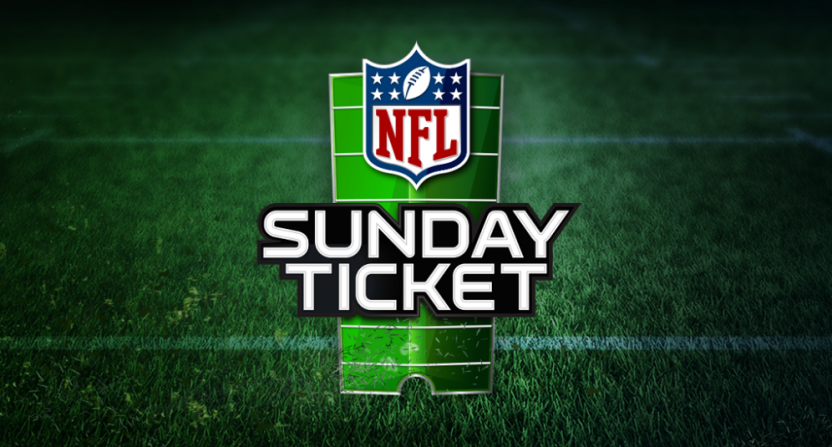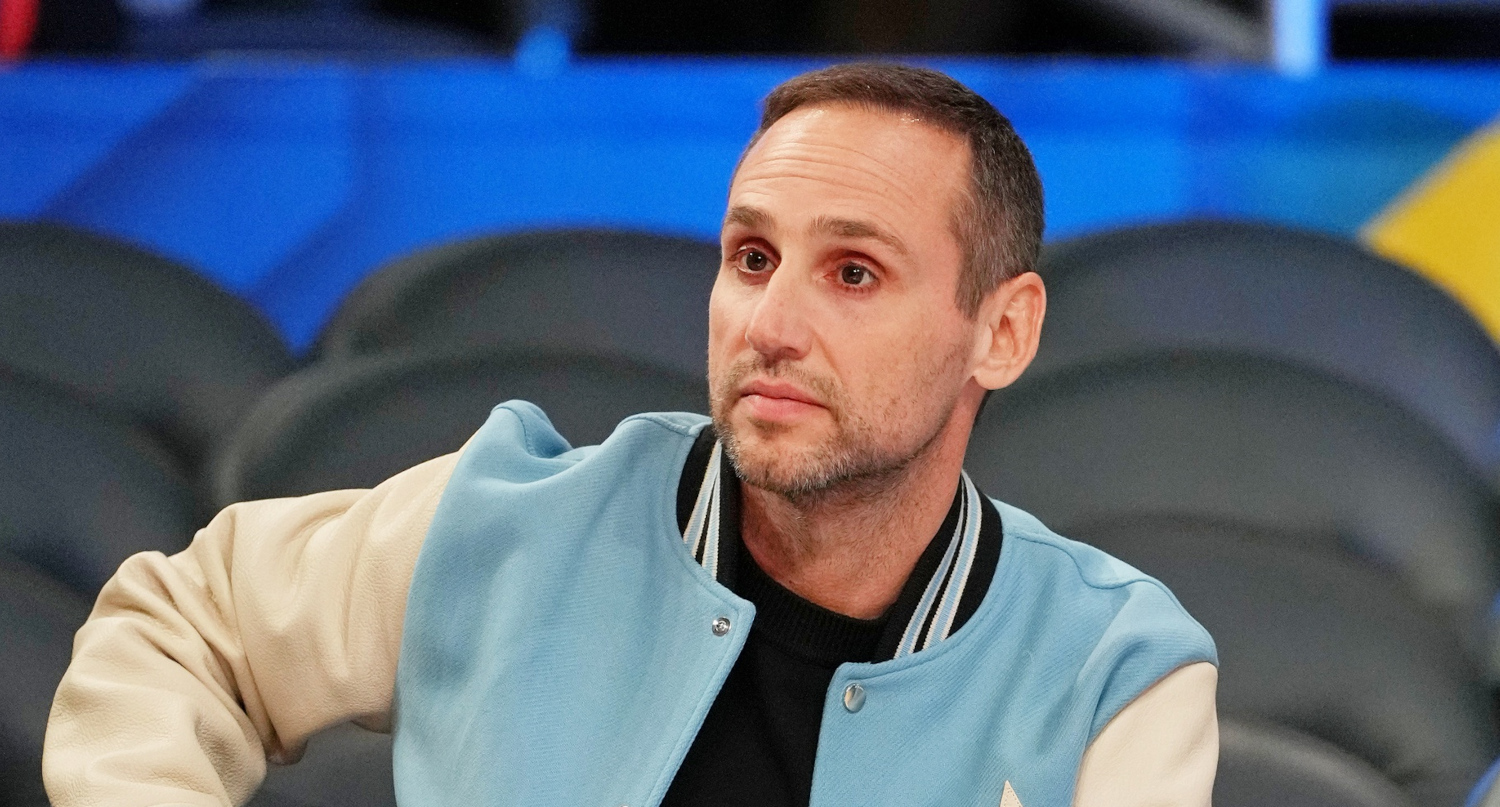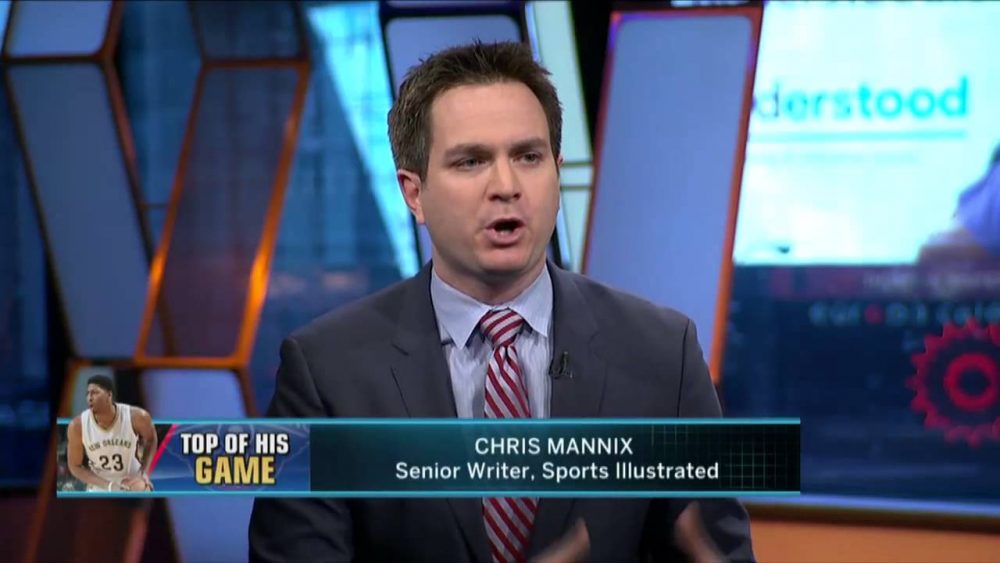This week AT&T officially spun DirecTV off, once again making the satellite television provider a standalone company for the first time since the original acquisition in 2015.
That original acquisition hinged in large part on DirecTV’s exclusive NFL Sunday Ticket package. It feels kind of absurd, looking back, that a $67 billion corporate acquisition that sent one of the world’s biggest telecommunications companies into the world of entertainment and led to multiple industry repercussions over the next half-decade happened because of Sunday Ticket, but that’s how valuable that exclusive access to an appealing NFL product was.
Now, with the current Sunday Ticket deal set to expire after the 2022 season, DirecTV has to weigh how valuable it remains. Taking new CEO Bill Morrow at face value, they have an answer: it isn’t.
Here’s Morrow, quoted by Meg James in the Los Angeles Times:
DirecTV maintains the rights to out-of-market Sunday afternoon football games through the 2022 season, but when the NFL deal expires the company will probably discontinue the package.
“The NFL Sunday Ticket was a great idea when it first started,” Morrow said. “But then the NFL began spreading games across various days of the week and giving the rights to other distributors.”
In recent years, DirecTV has been losing tens of millions of dollars a year on its partnership with the NFL, and it can no longer stomach the losses. In addition, the NFL has grown more interested in experimenting with streaming partners and granted a partnership with Amazon.
Morrow said DirecTV was “not interested in any way, shape or form” in extending the current arrangement with the NFL beyond the 2022 season.
AT&T has agreed to cover the NFL losses, according to a regulatory filing.
This makes a lot of sense as something the CEO of a new DirecTV would say. AT&T treated Sunday Ticket as a loss leader, using DirecTV’s exclusive rights and spreading the product throughout its ecosystem and not caring that the DirecTV division was taking those losses. That was worth it for them, and it was worth it for DirecTV originally, too, both before the acquisition when linear television was a much different and more robust industry, and as a way to ensure they were an attractive target for a conglomerate.
Now, though, the math of paying $1.5 billion per year across another decade can’t make sense, hence Morrow’s comments. So why, then, are there reports that DirecTV will be aggressive in trying to keep the package?
Take just this one, for example, from Sports Business Journal’s John Ourand:
The league still has not started formal negotiations for its out-of-market package. But DirecTV is expected to be an aggressive bidder to keep exclusive rights to the package that it has held since 1994. The question is whether DirecTV will have deep enough pockets to compete with the media and tech companies that are expected to pursue “Sunday Ticket.” DirecTV’s best bet to keep the package is if the NFL decides to split it among several media companies.
Ourand isn’t in the business of making things up, but at first glance that reporting might not square with CEO Morrow’s fairly strong statement on the record. Reading a bit into it, though, and it’s pretty obvious where he’s coming from. Clearly DirecTV, as it stands, can’t afford to take on another extension of the current Sunday Ticket deal. That’s a non-starter, for reasons as varied as they are obvious.
That said, inasmuch as DirecTV has a strong identity anymore, it probably is tied to this package. Losing it altogether is also something Morrow probably wants to avoid, for fear of alienating a chunk of DirecTV subscribers that have stuck around. DirecTV, then, might have to wait for the NFL to decide how it proceeds.
From the outside, it seems like everyone would be better served by ending the exclusivity of Sunday Ticket. Why would the NFL want to limit itself to that degree, in today’s ever-shifting media landscape™ ? Satellite television isn’t going away, obviously, and it’s too reflexive to just say streaming is everything, especially when there are huge swaths of the country with limited broadband access and plenty of NFL fans.
For the league, negotiating some kind of deal that would allow for multiple providers on different platforms offer the package as a premium tier would seem like the best way to get the league in front of as many people across as many different demographics as possible, while still raking in plenty of money. That would allow DirecTV, a longtime league partner, to retain a core part of its brand while serving a customer base that has shown they either can’t switch or don’t want to cut the cord.
Or maybe Disney just throws an ungodly amount of money at the NFL for exclusive rights and attaches it to Hulu + Live TV.
[LA Times]







